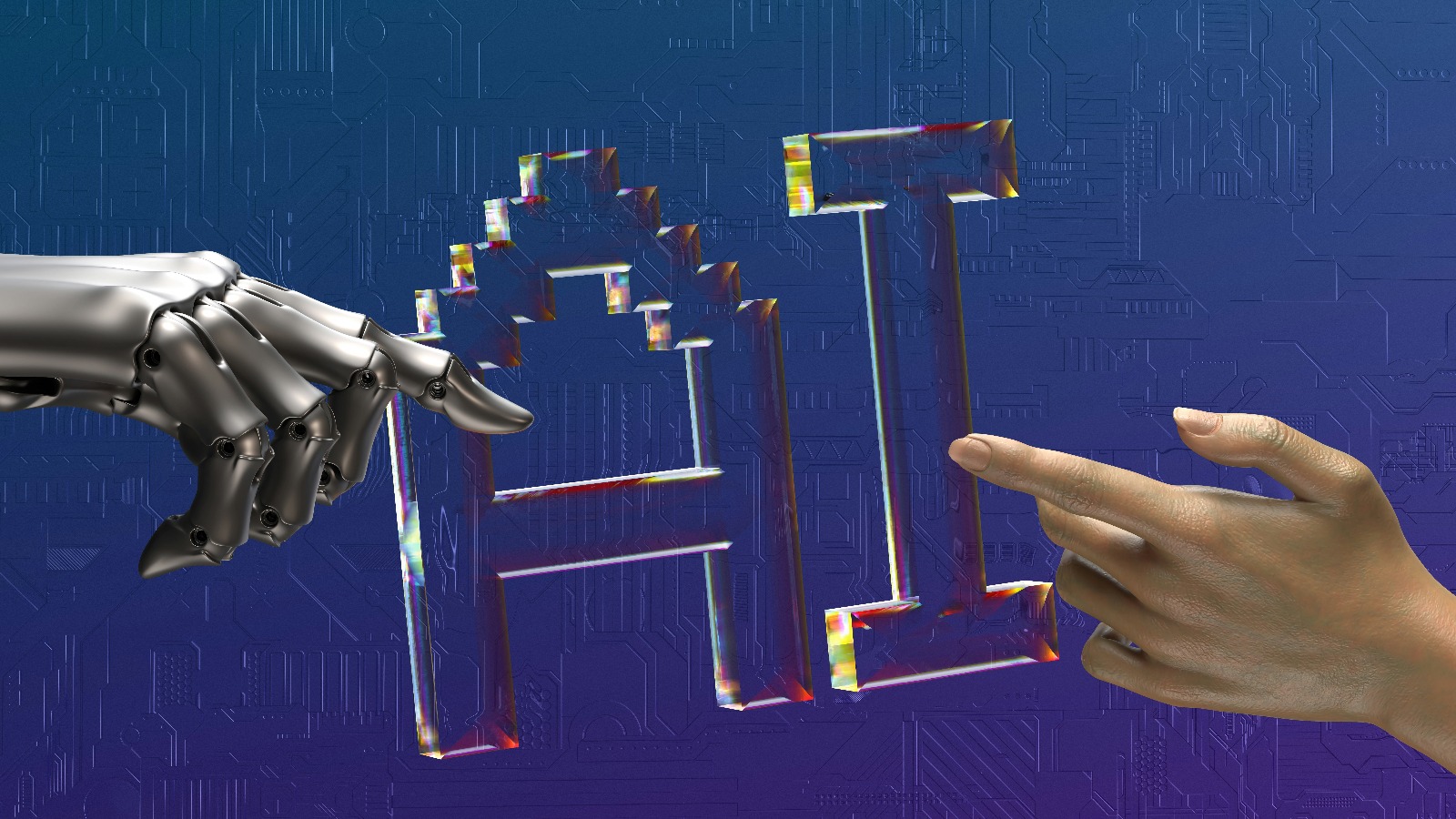How Doctors can use ChatGpt in day to day workday

Introduction:
How Doctors can use ChatGPT to Enhance Their Medical Practice. Doctors play a critical role in diagnosing and treating illnesses, promoting health, and caring for patients. In today’s rapidly evolving healthcare landscape, doctors are seeking innovative tools and technologies to enhance their medical practice, improve patient outcomes, and provide personalized care. ChatGPT, an advanced language model developed by OpenAI, offers exciting possibilities for doctors. This article explores how doctors can utilize ChatGPT in their day-to-day work, leveraging its capabilities to support medical research, assist in diagnosis, educate patients, and facilitate remote consultations. By harnessing the power of ChatGPT, doctors can optimize their workflow, deliver higher-quality care, and enhance patient satisfaction.
Table of Contents:
- Supporting Medical Research with ChatGPT
- Assisting in Diagnosis and Treatment
- Educating Patients and Enhancing Compliance
- Facilitating Remote Consultations with ChatGPT
- 5 Examples of ChatGPT Prompts for How Doctors can use ChatGPT in Day-to-Day Work
- Conclusion
Supporting Medical Research with ChatGPT
Step 1: Utilize ChatGPT to access and analyze vast medical literature, research papers, and clinical guidelines for evidence-based decision-making.
Step 2: Engage in interactive conversations with ChatGPT to explore research questions, generate hypotheses, and discover new insights.
Step 3: Collaborate with ChatGPT to review patient data and contribute to medical knowledge, facilitating advancements in healthcare.
Step 4: Leverage ChatGPT’s capabilities to stay updated on the latest medical breakthroughs, treatment options, and emerging therapies.
Assisting in Diagnosis and Treatment
Step 1: Utilize ChatGPT to assist in differential diagnosis by providing insights on symptoms, medical history, and relevant clinical data.
Step 2: Engage in interactive conversations with ChatGPT to discuss diagnostic challenges, refine diagnostic possibilities, and consider rare conditions.
Step 3: Collaborate with ChatGPT to access treatment guidelines, drug information, and potential drug interactions for informed treatment decisions.
Step 4: Leverage ChatGPT to review and interpret diagnostic test results, providing additional perspectives for accurate diagnosis and treatment planning.
Educating Patients and Enhancing Compliance
Step 1: Utilize ChatGPT as a virtual assistant to provide patient education materials, explain medical terms, and clarify treatment plans.
Step 2: Engage in interactive conversations with ChatGPT to address patient questions, concerns, and provide guidance on lifestyle modifications.
Step 3: Collaborate with ChatGPT to generate personalized patient education resources, taking into account individual patient needs and preferences.
Step 4: Leverage ChatGPT to support medication adherence by providing medication reminders, side effect explanations, and answer medication-related queries.
Facilitating Remote Consultations with ChatGPT
Step 1: Utilize ChatGPT as a virtual consultation partner for remote patient encounters, enabling real-time conversations and clinical guidance.
Step 2: Engage in interactive conversations with ChatGPT to conduct symptom assessments, remote triage, and provide preliminary medical advice.
Step 3: Collaborate with ChatGPT to generate digital prescriptions, review treatment options, and guide patients through post-consultation care.
Step 4: Leverage ChatGPT’s capabilities to provide remote follow-up care, answer patient queries, and monitor treatment progress.
5 Examples of ChatGPT Prompts for How Doctors can use ChatGPT in Day-to-Day Work
- Prompt: Provide treatment recommendations for a patient with complex comorbidities and multiple medication regimens.
- Prompt: Generate patient education materials on managing diabetes through diet, exercise, and medication adherence.
- Prompt: Assist in diagnosing a rare disease based on a set of symptoms and medical history.
- Prompt: Suggest evidence-based treatment options for a specific type of cancer based on the latest research and clinical guidelines.
- Prompt: Collaborate on creating a personalized care plan for a patient with a chronic condition, considering lifestyle factors and comorbidities.
Conclusion
In conclusion, ChatGPT offers significant opportunities for doctors to enhance their medical practice and deliver high-quality care. By leveraging ChatGPT’s capabilities in medical research, diagnosis support, patient education, and remote consultations, doctors can streamline their workflow, improve diagnostic accuracy, educate patients effectively, and provide accessible healthcare services. However, it is important to remember that ChatGPT is a tool to assist and augment human expertise, and the outputs should be validated and refined based on doctors’ professional judgment. By harnessing the power of ChatGPT, doctors can provide exceptional patient care, contribute to medical knowledge, and shape the future of healthcare.